Every day, on the streets of Canada's cities, we pass them on our way to work or school. Bums, beggars, winos, bag people we call them. But who is the person at the end of that outstretched arm? What is life on the street really like? Is there a way off the street? For six years, director Daniel Cross followed the lives of three homeless men who spent much of their time in and around a Montreal subway station. Filmed in a cinema verité style, the film is unique: it humanizes the homeless, breaking down the barrier between us and them, neither moralizing nor offering easy answers. This is a gritty, compelling look at life on the streets that moves beyond the media stereotypes to show both the humanity of the homeless and the street-toughened aspects of their existence.
Related Movies
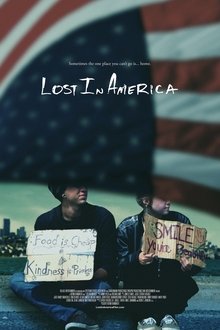
Lost in America (2019)
Following director Rotimi Rainwater, a former homeless youth, as he travels the country to shine a light on the epidemic of youth homelessness in America.
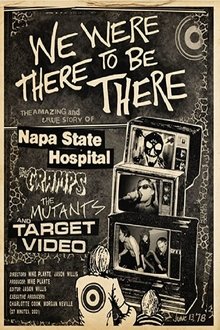
We Were There to Be There (2021)
On June 13, 1978, the punk bands the Cramps and the Mutants played a free show for psychiatric patients at the Napa State Hospital in California. We Were There to Be There chronicles the people, politics, and cultural currents that led to the show and its live recording.
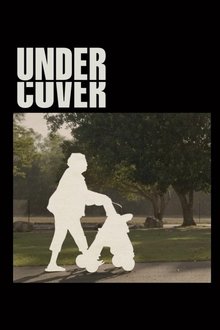
Under Cover (2022)
Some 240,000 women over 55 are at risk of homelessness In Australia – a figure both surprising (owing to this demographic being less likely to speak up about their difficulties) and shocking, given this country’s wealth. Under Cover introduces us to 10 of these people, including a survivor of domestic violence, a former advertising executive, a self-confessed loner and a displaced immigrant, for whom security and shelter are constant unknowns and who, until now, have suffered in silence.

Nos Amours: The Saga of the Expos of Montreal (2024)
The film explores key moments in the history of the Expos as well as the relentless efforts to bring major league baseball to Montreal. Continuation of the work released in 2003.

49 Up (2006)
49 Up is the seventh film in a series of landmark documentaries that began 42 years ago when UK-based Granada's World in Action team, inspired by the Jesuit maxim "Give me the child until he is seven and I will give you the man," interviewed a diverse group of seven-year-old children from all over England, asking them about their lives and their dreams for the future. Michael Apted, a researcher for the original film, has returned to interview the "children" every seven years since, at ages 14, 21, 28, 35, 42 and now again at age 49.In this latest chapter, more life-changing decisions are revealed, more shocking announcements made and more of the original group take part than ever before, speaking out on a variety of subjects including love, marriage, career, class and prejudice.

untitled minneapolis project (2025)
A homeless man living in a encampment in Minneapolis tells his perspective on the ongoing crisis of homelessness.
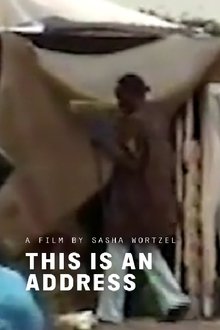
This is an Address (2020)
Stonewall veterans (including prominent trans activist Sylvia Rivera) and HIV-positive New Yorkers take up residency on the Hudson River piers as cranes raze vacant buildings for a new skyline.
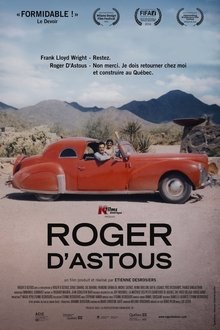
Roger D'Astous (2016)
A documentary about montreal architect Roger D'astous, who battled all his life to create a nordic architecture. Starchitect in the 60s, this Frank L. Wright student then fell from grace before rising again at the dawn of the century.
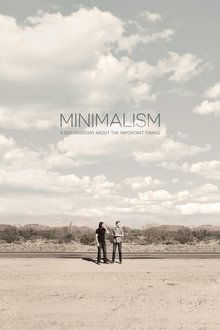
Minimalism: A Documentary About the Important Things (2015)
How might your life be better with less? The popular simple-living duo The Minimalists examines the many flavors of minimalism by taking the audience inside the lives of minimalists from various walks of life.
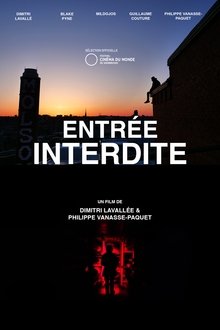
No entry (2022)
Prohibited, abandoned, and unexplored sites are hidden and sealed in Montreal. Entering defies the law, danger, and death. The urbex community is an even better-kept secret. Enter into this universe at your peril.

The Colorful Montreal Expos (2016)
Connecting different generations of players, Warren Cromartie, Andre Dawson, Cliff Floyd and Rondell White join together at a local restaurant to reminisce about life as Montreal Expos and the special bond created with its fan base.
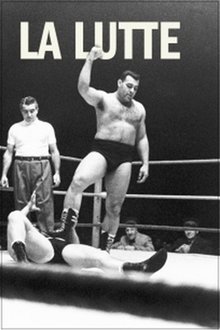
Wrestling (1961)
A candid-camera view of professional wrestling as seen in the Montréal Forum, where some of the biggest bouts are staged, and in back-street wrestling parlours where the warriors practice their art.

Tent City, U.S.A (2012)
A documentary view of an encampment of homeless people on the outskirts of Nashville, Tennessee in the Southern United States.
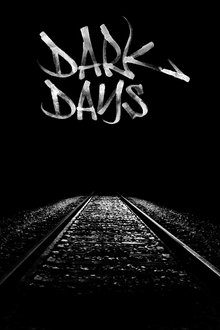
Dark Days (2000)
A cinematic portrait of the homeless population who live permanently in the underground tunnels of New York City.

Heal America (2013)
Legendary homeless activist Ted Hayes embarks on a journey to heal hearts and minds of Americans.
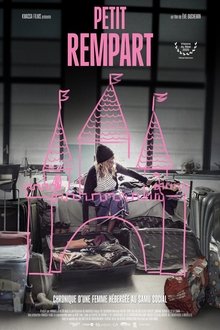
Petit Rempart (2025)
Mariem, 53, a former estate agent, has been living at a shelter for several months. Surrounded by women in far more precarious circumstances than herself, she tries to regard her unprecedented social downfall as an immersion in real life. By the time she leaves, Mariem’s view of the world will have changed forever, enriched by all the women she has met along the way.

No Address (1988)
This feature-length documentary by Alanis Obomsawin examines the plight of Native people who come to Montreal searching for jobs and a better life. Often arriving without money, friends or jobs, a number of them quickly become part of the homeless population. Both dislocated from their traditional values and alienated from the rest of the population, they are torn between staying and returning home.

Mom and Me (2015)
Mom and Me is a personal and intimate documentary about a young filmmaker coming of age in extraordinary circumstances. It follows the complicated relationship between director Lena Macdonald and her mother, who was once a filmmaker herself, but ended up homeless, crack-addicted and on the streets. For ten years Lena filmed in the cold, hard streets of Toronto’s inner city and her story is raw, honest and unforgettable. Mom and Me is about addiction, prostitution and despair but it is also a story about family, the power of hope and the tenacity of love.
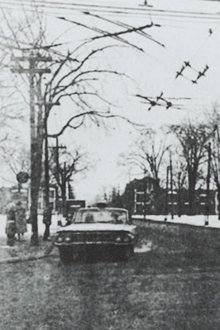
One Second in Montreal (1969)
A silent succession of black-and-white photographs of the city of Montreal.
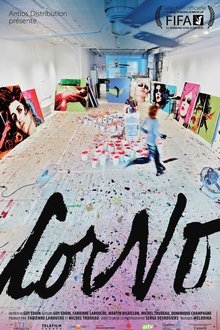
Corno (2013)
A feature-length documentary portrait of Québécoise painter Johanne Corno, who has lived and worked in New York City for more than 20 years. Ignored by the art intelligentsia in Québec, she settled abroad to escape that creative constraint, and built an enviable international career. Today, she casts a lucid eye on her work and describes the resources she draws on to survive in the jungle of the contemporary art world.